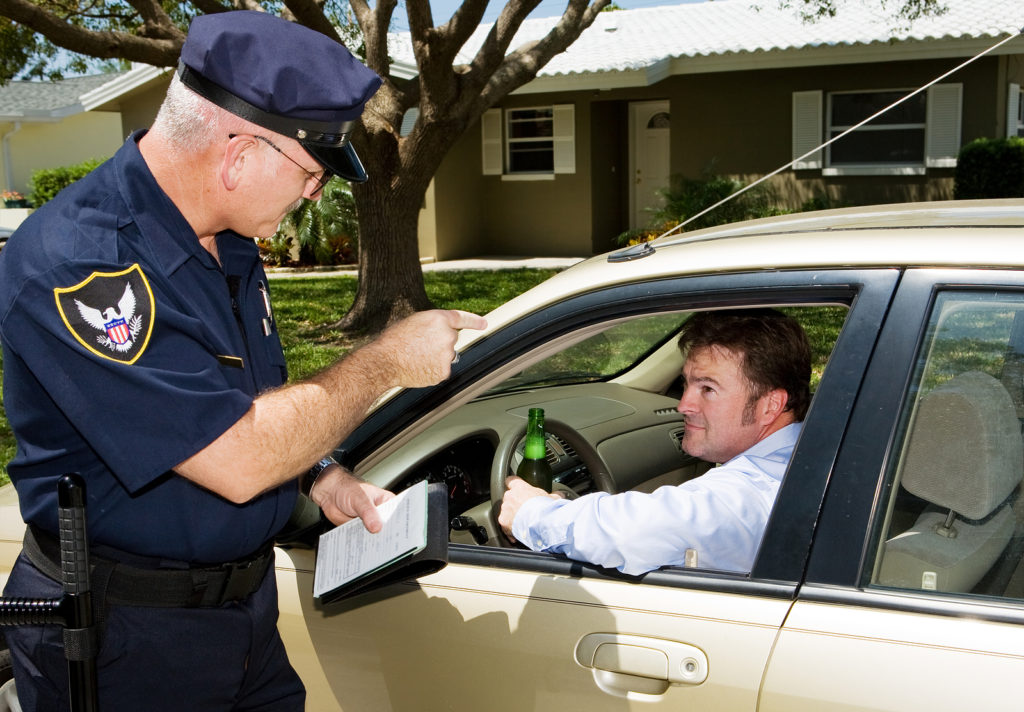Encountering law enforcement can be a source of anxiety or confusion for many. But having a clear understanding of your rights and knowing how to act during a police stop is not just a safeguard for you—it’s an exercise of the very principles that underpin our society.
This comprehensive guide offers insights into constitutional protections, legal advice, and community support to ensure that you can confidently assert your rights during any police interaction. Whether you’re a passionate civil rights activist, a young adult navigating your legal landscape, or a general enthusiast seeking clarity, this post is a vital resource.

Understanding Your Rights and Remaining Calm
Know the Basics
The starting point in preparing for a police encounter is to understand the fundamental rights granted by the constitution. These include the right to remain silent, the right to an attorney, and protection from illegal searches and seizures. You should understand the extent of your Miranda rights, which protect your privilege against self-incrimination.
Staying Composed
Remaining calm is one of the most important steps during an interaction with the police. It allows you to think clearly and respond appropriately. Remember that although an officer may be assertive in their questioning, it is within your rights to calmly exercise your privileges.
Assertive Communication
When engaging with law enforcement, assertive—but respectful—communication is key. Polite refusal with phrases like “I am choosing not to answer questions” or “I do not consent to a search” can help assert your rights without escalating the situation.
Essential Legal Advice for Personal Safety and Protection
Knowing the Law
There are nuances to the legal system that can be complicated and difficult to master, especially in the heat of a police encounter. Familiarize yourself with the specific laws in your area regarding interactions with the police.
Immediate Actions to Take
If you feel your rights have been violated, note the details of the interaction as soon as it is safe to do so. Remember badge numbers, vehicle types, and names. Seek legal aid afterward to understand your recourse options.
Filming Encounters
In many places, video recording police encounters is within your rights and can serve as crucial evidence. Always consider safety first, but if possible, use your cellphone to record interactions from a safe distance.
Navigating Real-Life Scenarios with Finesse
Traffic Stops – During a traffic stop, pull over safely, stay in your vehicle, and keep your hands on the wheel. Engage with the officer politely and comply with requests without sacrificing your safety or rights.
Public Demonstrations and Protests – Participating in a protest? You still have rights. Understand the rules set by the organizers, know the role of legal observers, and be prepared for the possibility of arrest.
Home Encounters – When law enforcement shows up at your home, you have rights regarding entry and search. Ask for a warrant but also consider the urgency and nature of the police presence to make informed decisions about your response.
Leaning on Community Support and Resources
Local Organizations – Research and become familiar with local civil rights organizations and resources that specialize in providing support and legal advice during police encounters.
Building a Network – Connect with like-minded individuals in your community to share experiences, knowledge, and advice on navigating police interactions and the legal system.
Post-Encounter Support – In the case of an arrest or violation, lean on community support groups for assistance with legal representation and understanding the next steps in your specific case.
Conclusion
Encounters with law enforcement are more than personal inconveniences. They are opportunities to stand up for the principles that make our justice system just. By knowing your rights, staying informed, and staying vigilant, you not only protect yourself but also contribute to the collective defense of civil liberties. Share this guide with your peers, encourage open conversations about personal experiences, and stand together in the pursuit of justice.
Speak with a Lawyer
If you are facing charges or need assistance with a recent arrest, don’t hesitate to seek legal counsel. A lawyer can provide the tailored advice and representation necessary to navigate the complexities of your specific situation. Your voice, your rights, and your future are worth fighting for—take the crucial step of seeking professional legal guidance.
If you are facing criminal charges after a wrongful or unconstitutional arrest, it’s essential that you seek the advice of a qualified lawyer as soon as possible. Contact Attorney David E. Lewis at 317-636-7514 to speak with a skilled criminal defense lawyer in Indianapolis, Indiana. Our law firm will get you the best possible outcome to your criminal case!
Related Posts:
What Should I Do if I Get Pulled Over By Police?
Truth Seeking: The Techniques and Tactics in Police Interrogations
Facts About Police Stops and Pat Downs



